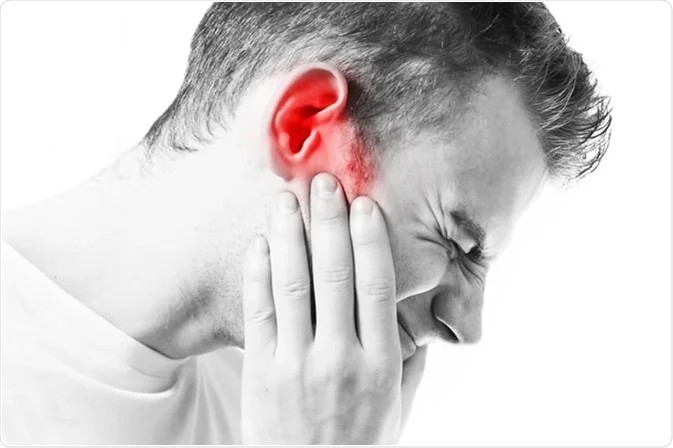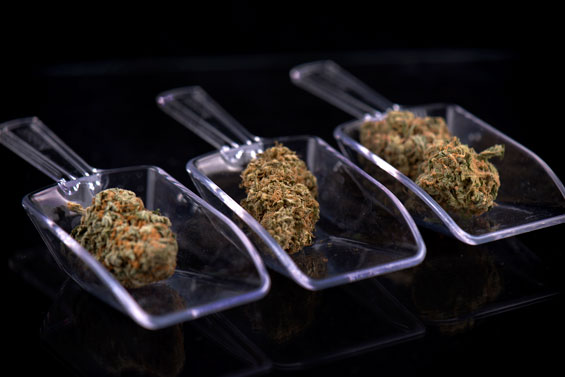What is Premenstrual syndrome?
Premenstrual syndrome (PMS) is a combination of symptoms that a woman gets about a week or two before their menstrual cycle. PMS symptoms are different for every woman. You may get physical symptoms, such as bloating or gassiness, or emotional symptoms, such as sadness, or both. Your symptoms may also change all through your life.
Physical Premenstrual syndrome symptoms include:
- Swollen or tender breasts
- Constipation or diarrhea
- Bloating or a gassy feeling
- Cramping
- A headache or a backache
- Clumsiness
- Lower tolerance for noise or light
Emotional or mental symptoms of PMS include:12
- Irritability or hostile behavior
- Feeling tired
- Appetite changes or food cravings
- The trouble with concentration or memory
- Tension or anxiety
- Depression, feelings of sadness, or crying spells
- Mood swings
- Less interest in sex
Causes of PMS
The imbalance of the sex hormones, estrogen, and progesterone, brings about a disturbance in the delicate mechanism of a female body and cause the premenstrual syndrome. A number of factors which may contribute to the symptoms of PMS are:
- Hormone changes: During your menstrual cycle, levels of hormones such as estrogen and progesterone rise and fall. Hormone changes are thought to be the main contributing factor to many of the symptoms of PMS.
- Chemical changes in the brain: It’s also been suggested that changes in hormone levels during the menstrual cycle may affect the levels of certain chemicals in your brain, such as serotonin. Serotonin is known to help control your mood and make you feel happier, so a reduction in the level of serotonin caused by changes in hormone levels may explain the mood changes often linked with PMS.
These tips will help you be recovered and may ease some of your PMS symptoms.
- Exercise can aid with symptoms such as depression, difficulty concentrating, and fatigue.
- Prefer healthy foods and avoid intake of foods and drinks with caffeine, salt, and sugar in the two weeks before your period may lessen many PMS symptoms.
- Get sufficient sleep. Try to get about eight hours of sleep every night. Lack of sleep is connected to depression and anxiety and can make PMS symptoms such as moodiness worse.
- Find healthy ways to deal with stress. Some women also find yoga, massage, or meditation helpful.
- Don’t smoke. Women who smoked reported worse PMS symptoms than women who did not smoke.
- A balanced diet can help you to deal with PMS symptoms. For instance, too much salty food can make you feel bloated. Alcohol and caffeinated drinks can upset your mood and energy levels. Low levels of vitamins and minerals can also make your PMS symptoms worse.
Though not all symptoms can be recognized to premenstrual syndrome, but if there is a rhythmical reappearance of the symptoms, constantly at the same menstrual phase, then you can be sure that the condition is due to premenstrual syndrome and is the correct time to speak to a doctor.









